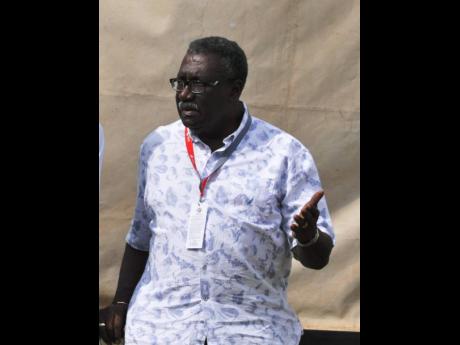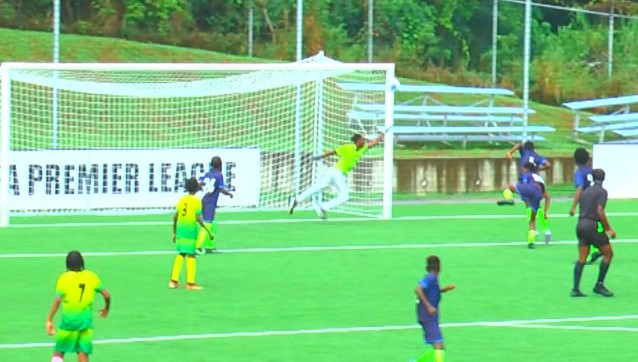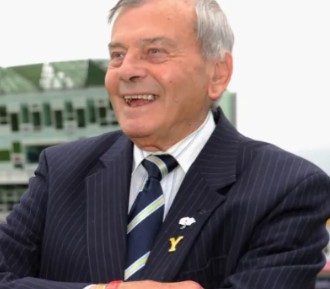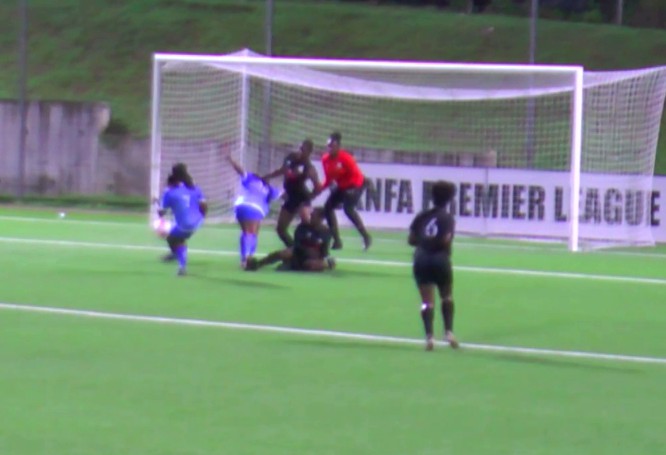CWI Erred in Vice-Captaincy Selection, Asserts Sir Clive
Sir Clive Lloyd, the iconic former West Indies cricket captain, has voiced his concerns about Cricket West Indies’ (CWI) recent decision to appoint 33-year-old Jomel Warrican as the vice-captain of the Test team. He argues that the role should have been entrusted to a younger player, suggesting a missed opportunity to cultivate future leadership within the team. The announcement, which followed the appointment of another 33-year-old, Roston Chase, as the new Test captain, has drawn criticism from Lloyd, who believes CWI should have prioritized long-term leadership development by choosing a younger candidate for the vice-captaincy.
Lloyd’s primary contention revolves around the age of both Chase and Warrican. He believes that appointing two players in their thirties to leadership positions limits the potential for long-term growth and succession planning. He suggests that a younger player, groomed under the current leadership, would be better equipped to take over the captaincy in the future. Specifically, Lloyd highlights 26-year-old wicketkeeper/batsman Joshua Da Silva, who was interviewed for the captaincy, as a more suitable choice for the vice-captaincy. Da Silva’s relative youth, according to Lloyd, presents a valuable opportunity to nurture leadership qualities and build experience for future captaincy.
The former captain’s critique emphasizes the importance of succession planning in cricket leadership. He argues that by choosing older players for key leadership roles, CWI has missed a crucial opportunity to develop a pipeline of future captains. Investing in younger players, he suggests, would allow them to gain valuable experience under the guidance of seasoned players, ultimately ensuring a smoother transition of leadership in the coming years. This approach, Lloyd contends, would create a more sustainable leadership structure for the West Indies Test team.
Lloyd also expresses concern about the potential impact of the decision on the younger players who were overlooked for the vice-captaincy. He hopes that their disappointment will not discourage them and urges them to maintain their faith and continue striving for leadership opportunities. He draws on his mother’s wisdom, emphasizing that even if an opportunity isn’t realized immediately, it may still come in due time. He encourages these younger players to see this as a temporary setback and remain focused on their development as potential leaders.
Furthermore, Lloyd’s critique underscores a broader concern about CWI’s strategic approach to team building. He implies that the decision to appoint older players to leadership roles might reflect a short-term focus rather than a long-term vision for the team’s development. By overlooking the potential of younger players, CWI, in Lloyd’s view, risks hindering the growth of future leaders and jeopardizing the long-term success of the West Indies Test team.
In essence, Sir Clive Lloyd’s critique of CWI’s decision centers on the importance of cultivating future leadership. He believes that appointing a younger player as vice-captain would have been a more strategic move, providing valuable experience and ensuring a smoother transition of leadership in the future. He encourages the younger players to remain persistent in their pursuit of leadership opportunities and calls for CWI to prioritize long-term development in its strategic planning. His comments spark a debate about the optimal balance between experience and youth in leadership roles within the West Indies cricket team.
Share this content:












Post Comment